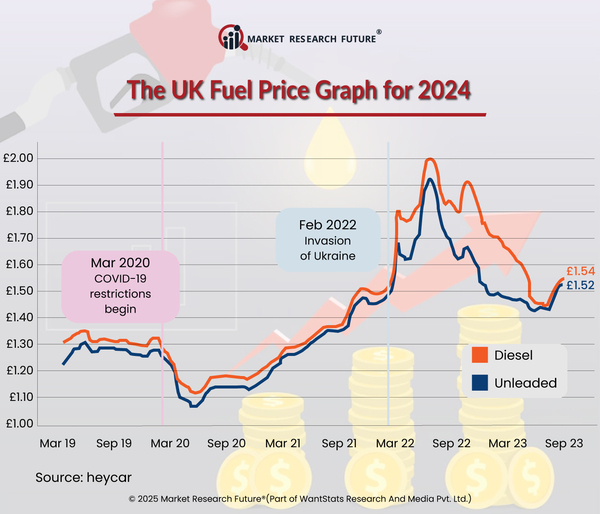
Noncommunicable Diseases and Digital Healthcare Alliance 2023
By Rahul Gotadki , 14 June, 2023
The European Commission (EU), along with the World Health Organization (WHO), have declared together the launch of a landmark digital health alliance in June 2023. With both organizations coming forward, this initiative will help citizens globally.
Digital health technologies currently are an important part of our daily lives. People using technology to monitor their health significantly uplifts the tech sector in providing well-being to its users by adopting the EU system of digital COVID-19 certification, which will provide a digital system worldwide that will provide a better platform that will safeguard citizens from any occurring or future health diseases and aid mobility rate worldwide. The aim of WHO on Digital health is to interlink the latest technological developments with health to achieve better health benefits. Thus, it is enhancing the digital platforms in the health sector to attain global well-being.
The organizations have laid down an action plan for global digital health that includes short, medium, and long terms to implement into work. Short-term plans will be implemented in 1-2 years; medium-term will be for 2–5-year tenure only after the short-term plan has been executed; and long-term will be implemented for 5 or more years once short-term and medium-term plans are done.
Noncommunicable diseases (NCDs) record the highest number of diseases worldwide, and it has worsened more in the last two decades. Diabetes, cardiovascular diseases, and cancer, among others, are one of the major NCDs globally. On count, 76 percent of deaths worldwide are due to noncommunicable diseases in 2023, up from 75 percent in 2022. In noncommunicable conditions, various factors impact healthcare, like cost, mobility, distance, and others; thus, digital health technologies will help to improve treatment and management. The digital health sector focuses more on providing healthcare facilities where it is limited. WHO also aims to lessen one-third of the premature deaths due to NCDs by 2030.
Probability Of Dying From Major NCDs (age 30-69)
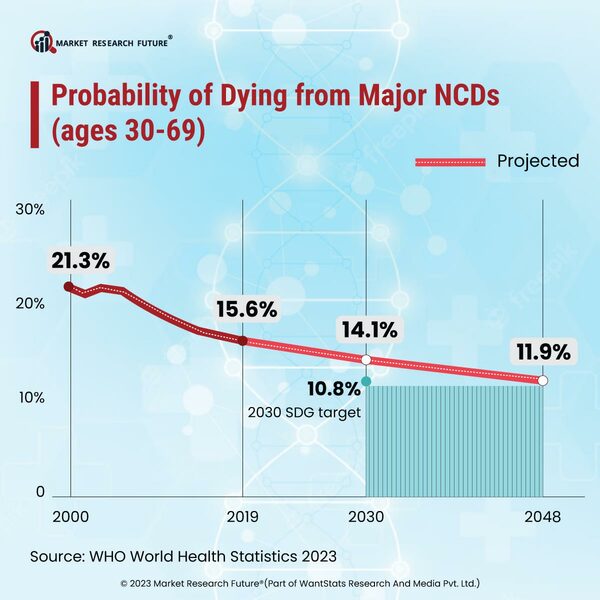
Latest News

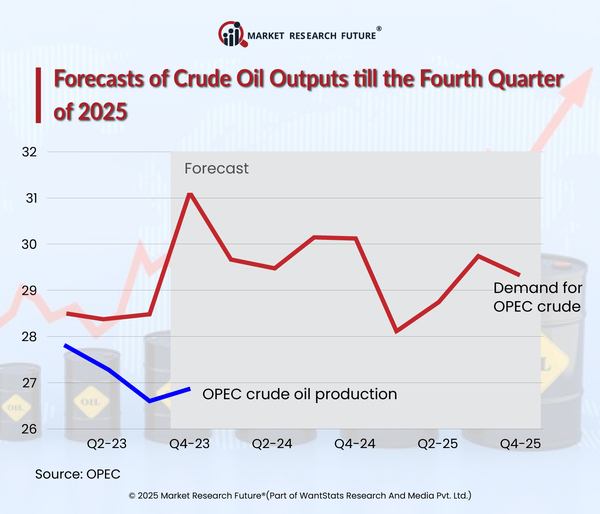
Asia has retained the position as the top oil importer in 2025, and continues to maintain that critical position in the energy sector that the world relies on. China has retained its top spot as the most prominent crude oil importer since 2013. The…
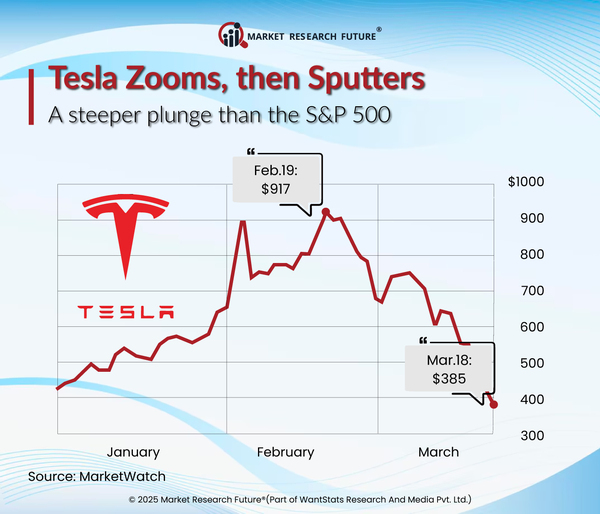
Once the clear leader in the electric vehicle (EV) sector, Tesla's European market is expected to be drastically declining in 2025. Although CEO Elon Musk is still divisive in the United States, recent registration numbers show a bleak image of…
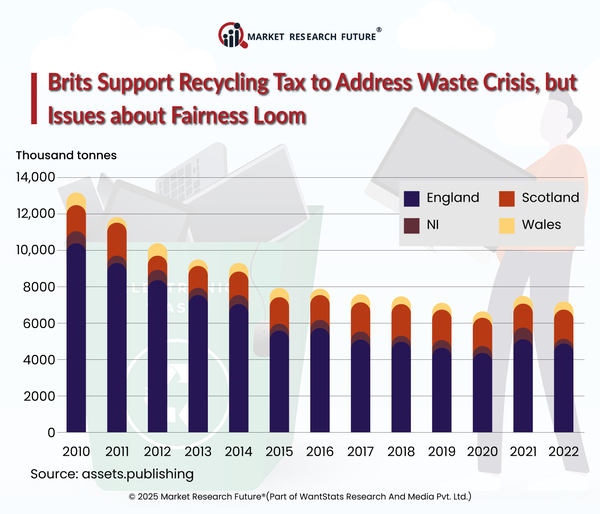
In 2025, the UK government unveiled many essential policies to address the growing trash situation, including a new plastic packaging tax and a landfill fee rise to lessen dependency on landfills. Studies show that over half of Britons support taxes…

Nuclear energy capacity is growing significantly from the beginning of 2025. It is due to increasing concerns over climate change, and energy security amidst fluctuating fuel prices followed by net-zero targets set up by nations globally. Further…

Assistant Manager
Latest News













